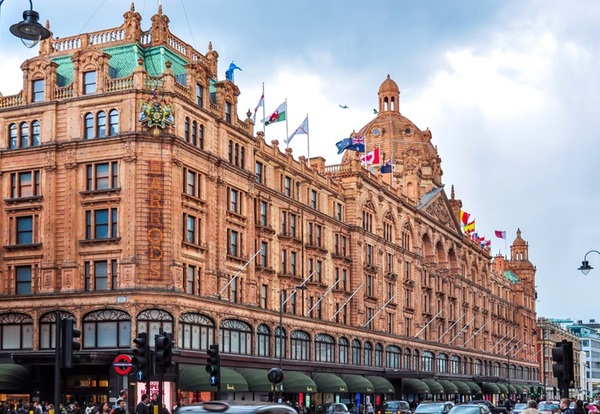Directors of £8.9m hotel room investment scheme disqualified for abusing trust of investors
The directors behind an £8.9m hotel room investment scheme have been disqualified after entering into "questionable agreements" that left investors out of pocket.
Ronald Albert Popely, aged 70, who resides in Gibraltar, Darren James Popely, aged 52, from Sevenoaks, and Stephen William Dickson, aged 64, from Belvedere, Bexley, were directors of Oak Forest Partnership Limited.
The company bought and refurbished Hever Hotel in Edenbridge, Kent, before offering people the opportunity to invest in hotel rooms.
Over three years, the directors leased approximately 82 rooms to investors for around £8.9m.
In return, investors were told they would receive 10% of the purchase price every year for ten years, with the developer promising to buy back rooms after five years at the original price.
But Oak Forest Partnership went into insolvency in February 2017 with creditors, including hotel room investors, claiming more than £14.8m.
This triggered an investigation by the Insolvency Service, which discovered directors entered three “questionable agreements” that benefited the company, but left investors owed millions of pounds.
Directors made £20.6m worth of payments, including £7.1m paid to connected companies. Popely also acted as a director of the company during two years which were in direct breach of a previous nine-year ban.
Dave Elliott, chief investigator at the Insolvency Service, said: “While people were thinking they were using their money in genuine investment opportunities the directors were entering into questionable agreements that would benefit themselves ahead of the investors.
“Ronald and Darren Popely, as well as Stephen Dickson, were aware of the implications of what they were doing and their bans should serve as a stark warning that if directors abuse the trust of their investors, we have recourse to remove you from the corporate arena for a significant amount of time.”
Dickson was the first director to be banned and his seven-year disqualification commenced on 29 April 2022. Both Ronald and Darren Popely received nine-year bans, which began on 12 May and 18 May respectively.
Liquidators continue to work to see if any recovery of funds is possible.
Image: Makistock / Shutterstock
















